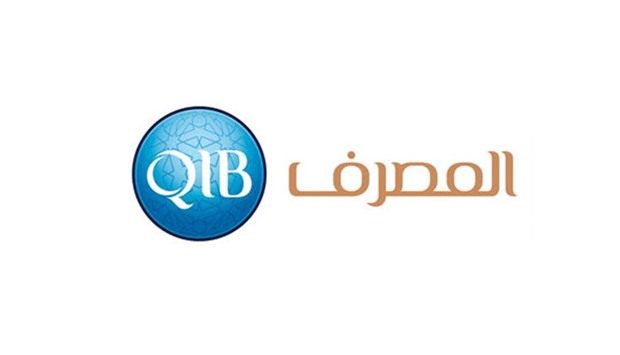Qatar Islamic Bank (QIB) and Injaz have kicked off the second academic year of the ‘How Money Works?’ three-year programme.
For the coming year, the programme will continue to target university students and will simultaneously expand the teachings to independent and private schools across Qatar to reach a total of 400 students.
The programme explores techniques to earn money and manage it prudently by budgeting, saving, and investing. The sessions are delivered by QIB employees who volunteered to share their expertise, with the support of Injaz Qatar volunteers.
In May 2018, Qatar Islamic Bank (QIB) signed an agreement with Injaz Qatar to sponsor and deliver a financial literacy programme titled, ‘How Money Works?’ to 1,250 students in Qatar over a period of three years. Launched last October, the programme educates students between 15-19 years old, ranging from secondary school to university students.
Researchers link positive credit outcomes to participation in youth financial literacy courses. Recent studies from the Union of Arab Bankers demonstrate the effectiveness of the private sector, governments, and civil society organisations’ collaboration on financial education for high-school students. The studies clearly demonstrated improvements in credit outcomes for young adults who were exposed to rigorous financial education programmes.
According to the Union of Arab Bankers, two of three adults in the world are financially illiterate. In other words, most people around the world lack an understanding of basic financial concepts.
Consumers that do not know the basic financial practice end up spending more on transaction fees, incur bigger debts, and suffer from high-profit rates and fees. Financially-educated consumers, on the other hand, are in a better position to make smart financial decisions, maximise their opportunities and capitalise on their profit.
One of the core objectives of Qatar’s Second Strategic Plan for financial sector 2017-2022 is to promote financial inclusion and financial literacy within the country. The plan, which was launched by Qatar Central Bank (QCB), Qatar Financial Center Regulatory Authority (QFCRA), and Qatar Financial Markets Authority (QFMA), constitutes on building up for achieving the Qatar National Vision 2030.
When it comes to a resilient economy like Qatar, offering a financial education programme to the youth is essential, said QIB, which has become an innovator within its industry locally, regionally, and internationally in offering the latest digital products and services, and also by building comprehensive corporate social responsibility (CSR) programmes.
‘How Money Works?’ is a key CSR programme seeking out contemporary solutions to global problems and empowering the youth in Qatar with necessary tools to prosper in the future.
Mashaal Abdulaziz al-Derham, assistant general manager, head of Corporate Communications & Quality Assurance at QIB, said: “As a leading bank in Qatar, we have a duty to our youth to support them in managing their finances better. The first-year results are an assertion to a successful beginning of the programme. During the next two years, the programme will be offered more frequently at Qatar University and at the same time we will increase the number of schools the programme will be offered to.”
Amar Benaissa, director of programmes at Injaz Qatar, stated: “We are extremely pleased with the results and programme impact of the first year of our partnership with QIB. Financial literacy for students is an extremely important tool to improve the financial capability of our youth and community.
“Students should be taught how to manage their finances at a very early age, both for their professional and personal use. Not only will this make them financially responsible and independent, but it will also help reduce any economic impact during crisis times. This is why QIB’s ‘How money works?’ programme has received a great demand from both high schools and universities, and will certainly continue to grow and impact more students year after year.”
During the Academic Year 2018-2019, ‘How Money Works?’ was delivered to 366 students from six different institutions with the help of dedicated QIB volunteers. A survey conducted by Injaz before and after the sessions showed significant increase of financial understanding from students and 100% realisation of the importance of financial planning and budgeting.
Ninety one percent of the programme’s students said saving had become one of their core objectives, and 90% said that material given during the sessions connects the school to the financial world, while 93% of the students rated the programme and the volunteers as “comprehensive” or above.

qib
